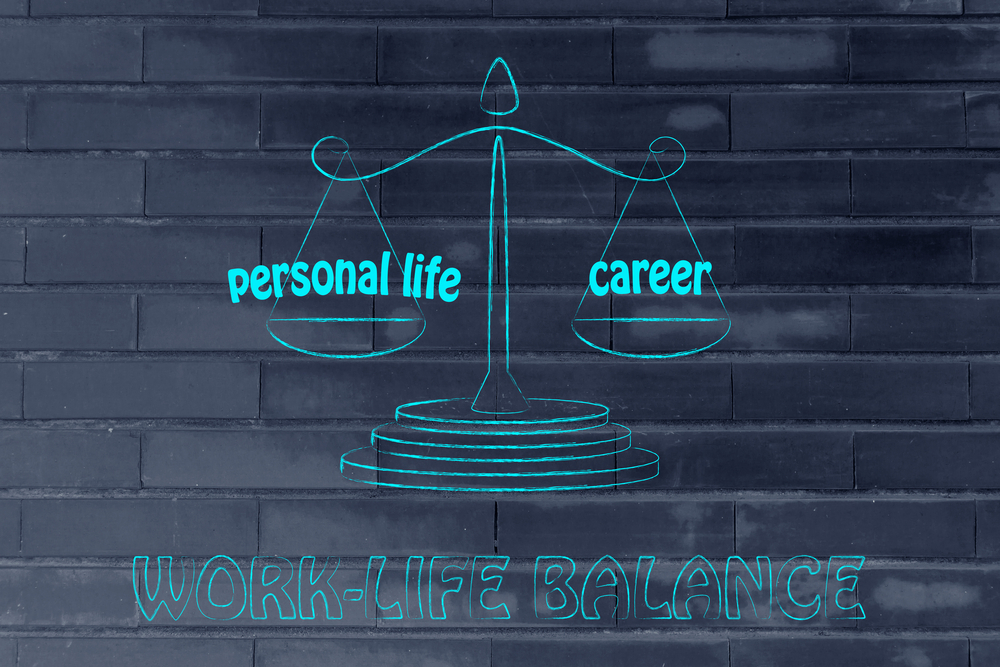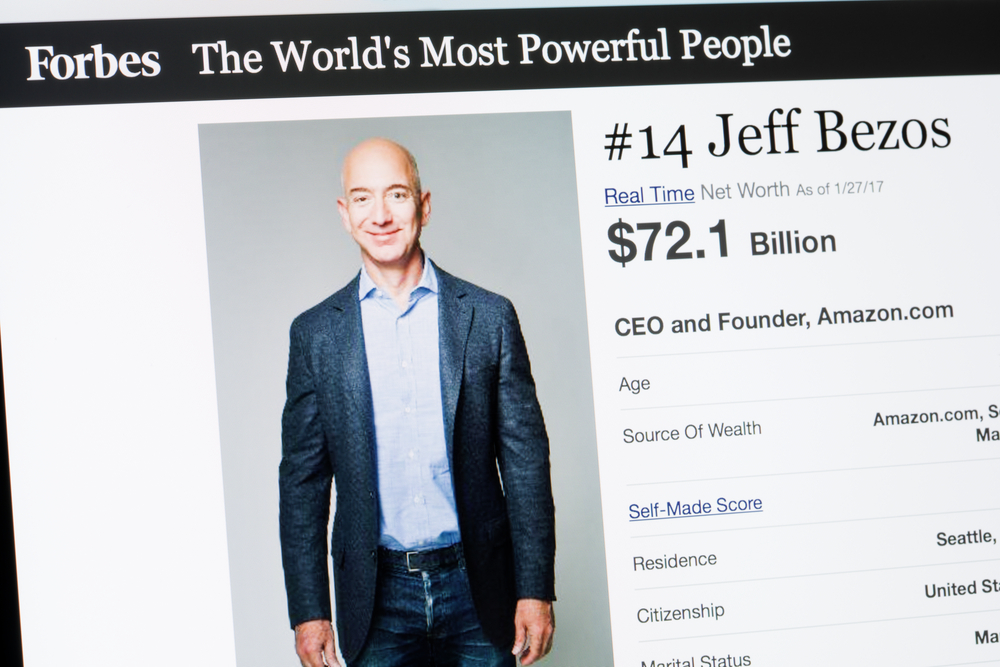 Work-life balance: is it REALLY a thing? I think most of us want to think so, but is it really achievable? Or is it just a catchy buzzword, and something we tell ourselves we need in order to be happy?
Work-life balance: is it REALLY a thing? I think most of us want to think so, but is it really achievable? Or is it just a catchy buzzword, and something we tell ourselves we need in order to be happy?
I continue to reflect on the “Big Quit” or the “Great Resignation” trend we’re seeing in North America, and how so many of us have been compelled to re-evaluate our priorities and various aspects of our lives. Just like with home improvements, when we make something better, other things look shabbier in comparison, and we feel a need to make additional improvements.
The pandemic has spurred many people to re-evaluate their work lives amid such uncertainty, notably around their careers and how their working situations are impacting their overall health and wellness.
They’ve been re-evaluating the notion of being “all-in” and being completely invested in their jobs at the expense of other aspects of their lives. At least part of the Big Quit is due to employees seeking a better work-life balance.
Jeff Bezos, founder and CEO of Amazon, doesn’t agree with the notion of “work-life balance,” going so far as to call it “debilitating.”
Back in 2018, he was quoted as saying “I don’t think that actually is a thing,” and that people shouldn’t just assume work and life are balanced or that one should try to find a balance between the two.
 Now, before I go any further, I want to acknowledge that yes, Amazon has come under increased scrutiny over its workplace policies and working conditions. And maybe you’re thinking Bezo’s quote is a bit of a loaded message coming from a billionaire leading a company that many consider has a culture that’s “notoriously confrontational” and possibly exploitative.
Now, before I go any further, I want to acknowledge that yes, Amazon has come under increased scrutiny over its workplace policies and working conditions. And maybe you’re thinking Bezo’s quote is a bit of a loaded message coming from a billionaire leading a company that many consider has a culture that’s “notoriously confrontational” and possibly exploitative.
But I think Bezos raises an interesting point about work-life balance.
“What you want is work and life integrated,” Bezos said. “You want them to be integral.”
Instead of viewing work-life balance as an equal tradeoff between the two sides of your life, Bezos views work as one facet of his whole existence.
“It’s not a balance, it’s integrated,” he said. “I think that is the better way to look at it.”
When considering how to view their roles in an organization, Bezos suggests employees could stop thinking about work and life as separate things. Instead, they could view them as one integrated piece. “It actually is a circle,” he said. “It’s not a balance.”
I think Bezos gets this right for some people. I am reminded of the argument that Organizational Psychologist Dr. Adam Grant has made. In a 2019 blog about The Realities of Modern Work – Blurred Lines and Workplace Boundaries, I referred to Grant’s description of people who like to blend work and life as integrators. In contrast, he describes segmentors as people who like to keep their work and personal life separate. Segmentors believe that blending work and personal matters is distracting, uncomfortable, and inappropriate.
This makes me believe that Amazon workers who are natural integrators may suit the organizational culture that Bezos has created for his employees and contractors. People who are segmentors will probably be much better suited to a different type of organizational culture that allows them to keep their personal and professional lives separate.
Bezos said he doesn’t compartmentalize his career and his personal life.
“If I am happy at home, I come into the office with tremendous energy,” Bezos said. “And if I am happy at work, I come home with tremendous energy.”
In certain circumstances, I can see where he’s coming from.
 For some business owners and people in leadership roles, it isn’t easy or even possible to compartmentalize their professional and personal lives. For some types of people, their whole purpose and identity can be wrapped around their business and careers.
For some business owners and people in leadership roles, it isn’t easy or even possible to compartmentalize their professional and personal lives. For some types of people, their whole purpose and identity can be wrapped around their business and careers.
I’m not saying that’s a good thing or a bad thing.
But even for those who aren’t concerned with “work-life balance” they still need to ensure that an “integrated circle” approach includes appropriate workplace boundaries; you shouldn’t have to be accessible 24/7/365. You need time to unplug, recharge and not always be on call.
Now, more than ever, we should structure our lives to include and prioritize self-care, mental and physical wellness, and continuing to nurture relationships since all of these things will sustain us in good times and bad.
Do you want to discuss a career, HR, or training-related matter? Reach out today for a free and confidential initial consultation by phone, email, or via direct message on Twitter, Facebook or LinkedIn.
More than career coaching, it’s career psychology®.
I/O Advisory Services Inc. – Building Resilient Careers and Organizations TM.



